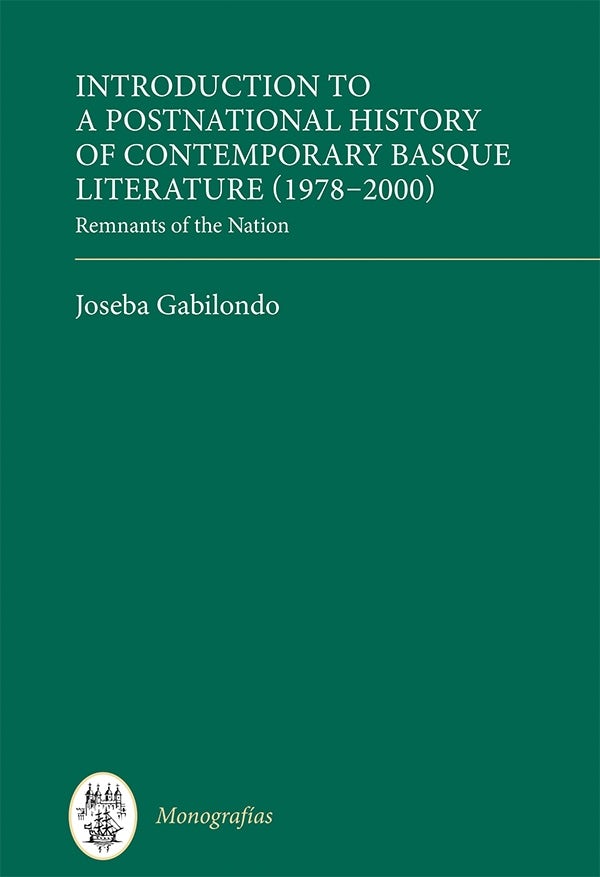Medieval francophone literary culture outside France: Studies in the moving word
In medieval Europe, cultural, political, and linguistic identities rarely coincided with modern national borders. As early as the end of the twelfth century, French rose to prominence as a lingua franca that could facilitate communication between people, regardless of their origin, background, or community. Between the twelfth and fifteenth centuries, literary works were written or translated into French not only in France but also across Europe, from England and the Low Countries to as far afield as Italy, Cyprus, and the Holy Land. Many of these texts had a broad European circulation and for well over three hundred years they were transmitted, read, studied, imitated, and translated.
Drawing on the results of the AHRC-funded research project Medieval Francophone Literary Culture Outside France, this volume aims to reassess medieval literary culture and explore it in a European and Mediterranean setting. The book, incorporating nineteen papers by international scholars, explores the circulation and production of francophone texts outside of France along two major axes of transmission: one stretching from England and Normandy across to Flanders and Burgundy, and the other running across the Pyrenees and Alps from the Iberian Peninsula to the Levant. In doing so, it offers new insights into how francophone literature forged a place for itself, both in medieval textual culture and, more generally, in Western cultural spheres.
zum Buch im ULB-Katalog
zum Buch auf der Verlags-Website
Introduction to a postnational history of contemporary Basque literature (1978–2000): remnants of the nation
A sophisticated introduction to contemporary Basque literature that chronicles its growth and success after the death of Spanish dictator Francisco Franco.
By developing a new theory of postnationalism about the relationship between minor and major literatures, this book chronicles the growth and success of Basque literature after the death of Spanish dictator Francisco Franco (1975), and the historical and literary struggles that took place in its aftermath in order to achieve global recognition: the reduction of Basque literature to a representation of an exotic and magic place and people (the Basque Country), best exemplified by Bernardo Atxaga’s novel Obabakoak (1988). The book also deploys postnationalist theory in order to chronicle the way in which women’s literature challenged and changed this model in the 1990s and paved the way for what is now a complex and diverse literature.
zum Buch im ULB-Katalog
zum Buch auf der Verlags-Website
Weitere Titel können Sie in unseren Neuerwerbungslisten für die Romanistik entdecken!


